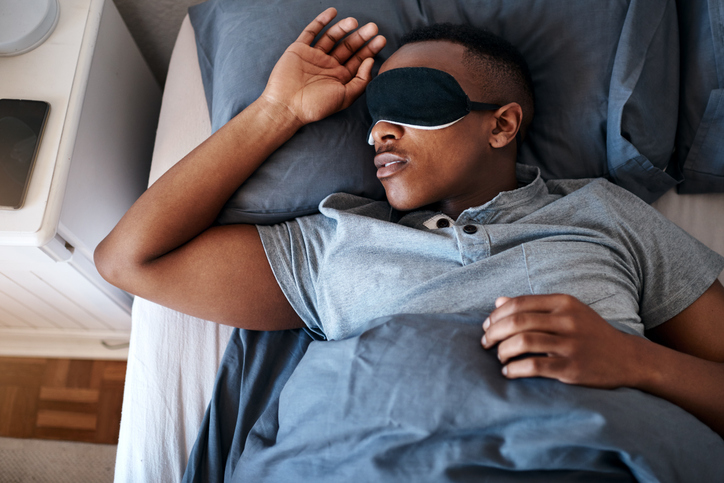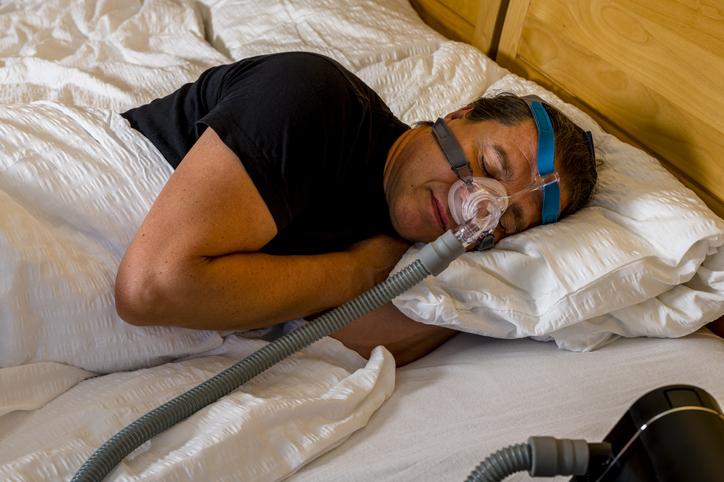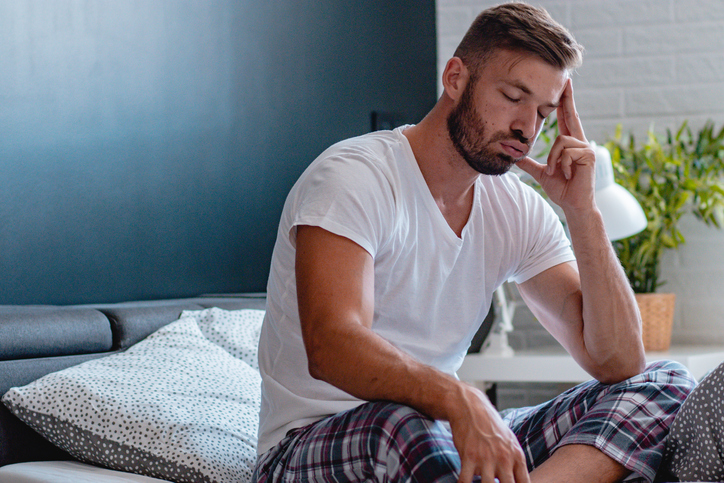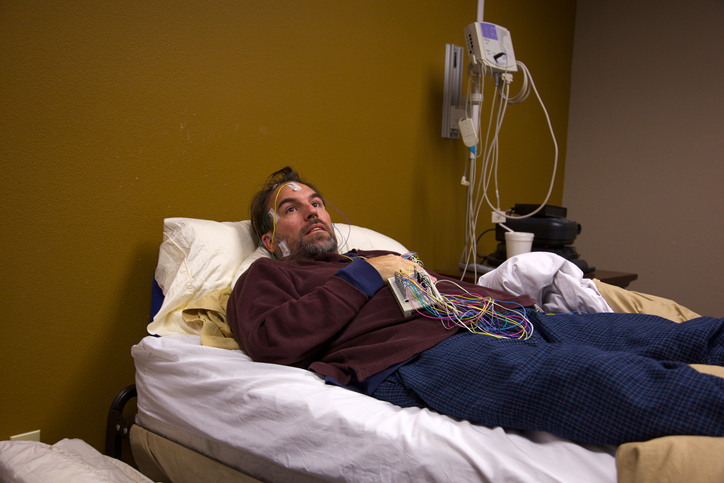Living with Chronic Pain
15 Tips for Uninterrupted Sleep
Source: Mayo Clinic, Healthline, WebMD, Spine-health, National Center for Biotechnology Information: U.S. National Library of Medicine: National Institutes of Health

2 people found this helpful
Print
Share
Save
Pain, stress, and certain environmental factors can all lead to disrupted sleep. Waking during the night interrupts the sleep cycle, which impedes progression through the phases (NREM and REM) of sleep needed for restorative rest. Frequent lack of quality sleep can lead to health issues. The following 15 tips can help encourage a restful night’s sleep.
- Use the bedroom only for sleeping and intimate relations
If the bedroom is used for other activities, such as watching television, gaming, or browsing the internet, the brain subconsciously associates the room with those wakeful activities. This can cause difficulty with winding down and falling asleep at bedtime. - Avoid daytime napping
Napping during the day interrupts the body’s internal clock (circadian rhythm). It is best to avoid naps during the day or to nap earlier in the day if necessary. - Avoid substances that interfere with sleep
Consuming caffeine, alcohol, or nicotine too close to bedtime can interfere with a good night’s sleep. - Limit blue light exposure before sleep
Exposure to blue light from electronic screens (e.g., phones, tablets, TVs, computers, gaming consoles, etc.) inhibits the release of melatonin, the hormone that regulates sleep. Avoiding these screens two to three hours before bedtime can help the body prepare for sleep. - Cover up clocks
When sleep is elusive, checking the clock can become a habit. Repeatedly checking the time can increase feelings of anxiety, which makes it even more difficult to get back to sleep. A digital clock, especially if it emits blue light, can further interfere with sleep. - Maintain a regular sleep schedule
Getting up at the same time each morning and going to bed at the same time each night regulates the body’s internal clock. A set sleep schedule increases the likelihood of restful sleep. - Establish a routine
A regular bedtime routine cues the body that it is time for sleep. Relaxing activities, such as reading printed material, having a cup of caffeine-free tea, taking a warm bath, or snuggling with pets, help the body and mind wind down for a night of rest. - Engage in regular physical activity
Engaging in physical activity at some point during the day helps encourage quality sleep at night. Physical activity does not need to be intense or lengthy to experience these benefits. Even a short walk is beneficial. If chronic pain or other medical conditions make it difficult to engage in traditional types of exercise, gentle types of physical activity, such as water therapy, provide the same benefits. - Get out of bed after 20 minutes of no sleep
If unable to fall asleep in 15 to 20 minutes, going to another room to do relaxing activities, such as listening to soft music, reading a book, or meditating, can help calm the body and mind. Leaving the bedroom for a short time when sleep is elusive helps prevent subconscious association of the bedroom and trouble sleeping. - Talk to a provider about medication side effects
Certain medications, such as corticosteroids, diuretics, allergy remedies, beta-blockers, antidepressants, or anticonvulsants, can interfere with a good night’s sleep. Depending on the specific drug, side effects that can cause sleep disturbances include restlessness, vivid dreams, or frequent urination. A health care provider can help provide insight about medication dosage and timing to help keep medication side effects to a minimum. - Keep sheets, blankets, and pillows clean
If left unwashed, bedclothes can trigger allergies for some. Washing sheets once a week can help keep allergy symptoms at bay. - Don’t eat or drink before bedtime
Food consumption should be limited for two to three hours before bedtime. Eating just before sleep can cause nocturnal reflux or heartburn. Additionally, drinking too much liquid can lead to frequent trips to the bathroom in the middle of the night. - Go outside for at least 15 minutes each day
Going outside, even for a short time, helps regulate the body’s internal clock. Exposure to the sun at some point during the day helps with nighttime sleep quality and duration. - Take a warm bath
Taking a warm bath one or two hours before bedtime cues the sleep cycle to begin. It also helps with body temperature regulation during sleep, which helps reduce nighttime waking. - Block unwanted noise
A fan, noise machine, or earplugs can help block out unwanted noise.


















